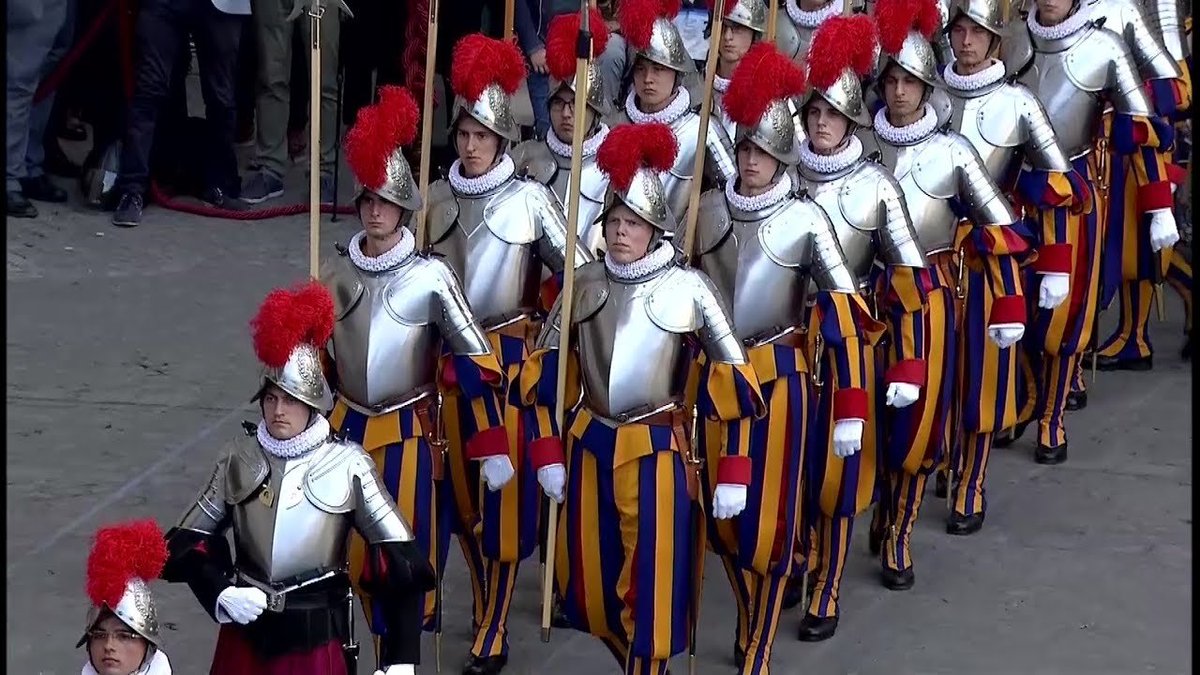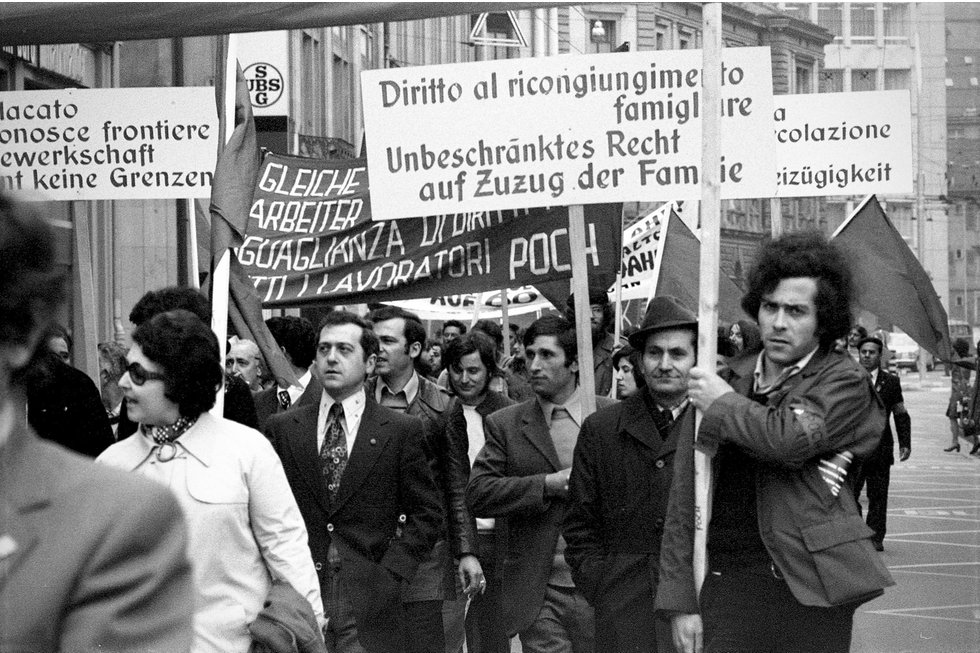The famous headquarters of the Swiss military command atop the Matterhorn. Impenetrable because of its sophisticated defence system allowing 62 tons of melted fondue cheese to fall of assailants in the event of a ground attack. 

• • •
Missing some Tweet in this thread? You can try to
force a refresh
























